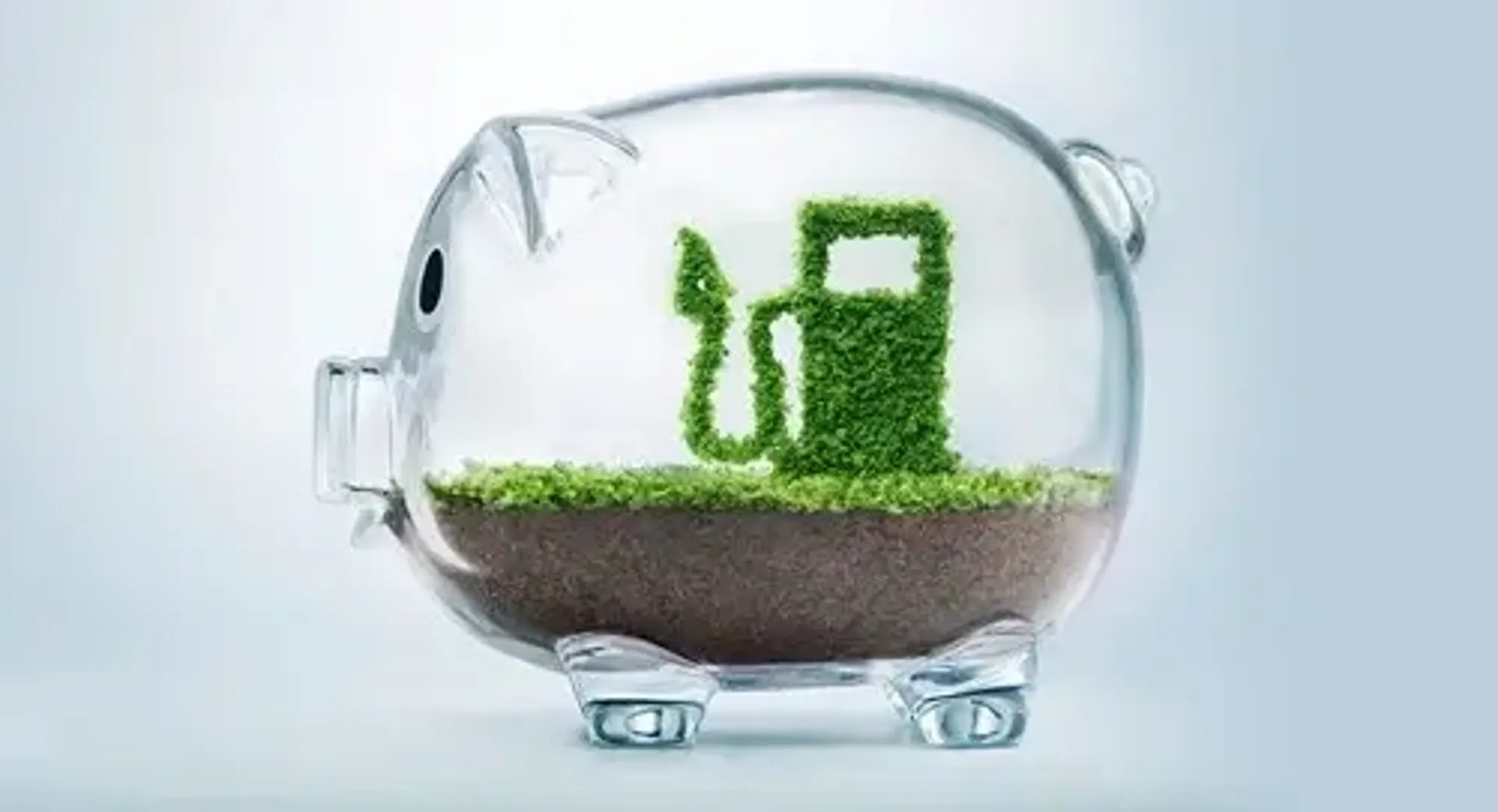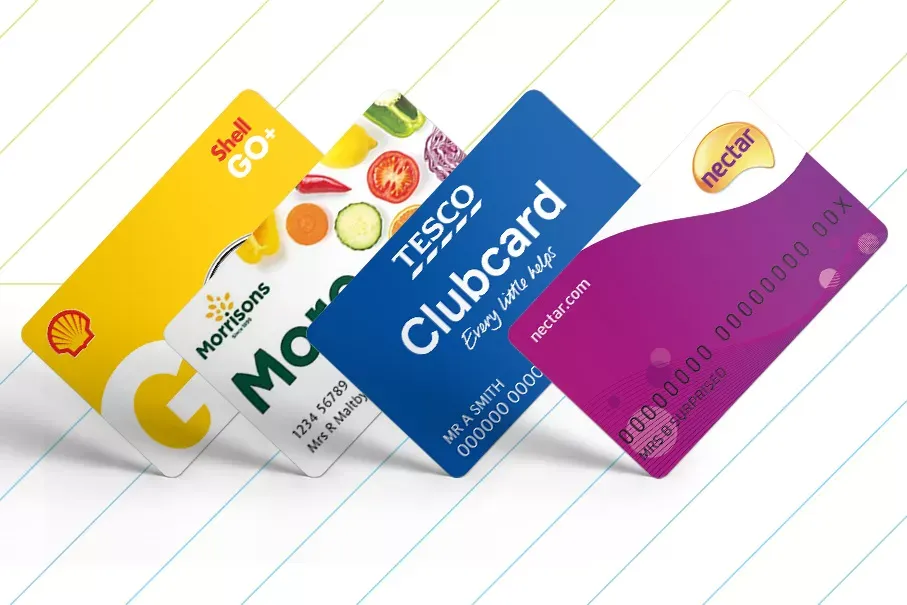
Fuel has always been a significant expense for any business which relies on using vehicles. Today, with the rising prices of petrol and diesel, it has become even more challenging. Many companies, who are struggling with high costs, are looking for easy-to-implement ways to reduce their fuel expenditure. One method is hypermiling. In this article, we’ll explain exactly what hypermiling is, how it can save fuel and the different ways to adopt more fuel-efficient driving techniques.
What is hypermiling?
Hypermiling is a way of increasing your vehicle’s miles per gallon by adopting specific driving practises. Sometimes known as eco-driving, this more fuel-efficient style can help to reduce running costs. It has an impact instantly, without changing or modifying the vehicle or the fuel you use. Many motorists have always driven with efficiency in mind but the term “hypermiling” was first used in the US, at the start of the millennium, when fuel prices were on the rise.
How can it save fuel?
Hypermiling means road users save fuel by adopting more efficient driving techniques. These techniques reduce the demands placed on the engine, saving energy and fuel. It has been found to improve a car’s fuel economy by up to 37%. This method can even be used for electric or hybrid vehicles to increase their range.
Preparing for hypermiling
Many people think of hypermiling as only including the collection of techniques you follow whilst on the move. However, there are a few ways of reducing your fuel costs before you even turn the engine on.
Vehicle maintenance
Having your vehicle in tip-top condition is vital. If it’s not functioning properly this could significantly impact your fuel efficiency. Keep up with servicing and taking good care of your vehicle with regular checks. Wheels are a great place to start. Under-inflated tyres or misaligned wheels (which impacts steering) both increase resistance, which burns more fuel. Diesel engines are sometimes fitted with a Diesel Particulate Filter (DPF). If this isn’t properly maintained, a clogged filter can increase fuel consumption. Make sure you use the right fuel and oil recommended by the manufacturer.
Excess weight
In your vehicle, carrying more weight than you need to will increase fuel consumption. This is simply because a lighter vehicle needs less energy to move. Take out any unnecessary items, making sure you only have the essentials for each journey you make.
Route planning
Thorough journey planning is a great way to become more fuel efficient. Choose routes which maximise motorway or dual carriageway travel, instead of town centres or country roads. This way, you can maintain a consistent speed and reduce stop-start driving. If you’re visiting an area you’re unfamiliar with, effective planning will mean you’re less likely to get lost and can travel more directly to your destination.
Hypermiling driving techniques
Anticipation
Any driver should stay alert, watching further ahead to anticipate their next move. To reduce fuel consumption, this is even more important. By being aware of the need to speed up or slow down, ahead of time, you can limit harsh acceleration or braking. If you see a vehicle slowing up ahead, ease off the accelerator instead of braking hard at the last minute. It’s not just more fuel efficient, it’s safer too.
Speed
Driving too quickly burns fuel quickly. Many vehicles are most efficient at around 45-50mph. As soon as you reach speeds of 60 or 70mph, fuel consumption dramatically increases. However, sticking to the speed limit is most important. Travelling at a similar speed to the motorists around you also means you’ll need to brake less often.
Acceleration
Rapid acceleration increases your vehicle’s revs, burning more fuel. Instead of putting your foot down at the first sight of a green light, slowly pull off, gradually building up speed as you move. Smoother driving keeps your vehicle stable to help you stay more efficient.
Air conditioning
Blasting the air con or cranking up the heat in your vehicle increases the energy demands on your vehicle. If it’s burning more energy to keep you cool or warm, it’s using up more fuel. It seems obvious but make sure you’re dressed appropriately for the weather outside (and the temperature in your vehicle) and make use of the windows instead.
Idling
Idling is when your vehicle’s engine is running but you’re stationary, at lights or in traffic. Even though you’re not moving, fuel is still being wasted. Some vehicles already have technology installed which turns off or limits the engine when you come to a stop. If you don’t have this feature, and it’s safe to do so, turn your engine off when the vehicle’s not in motion. It could improve efficiency by up to 19%.
Manage fuel costs with fuelGenie
If you’re struggling with rising costs, our fuel cards are a great way to manage your expenses. With both our options, the original free fuelGenie fuel card or fuelGenie+, you can set limits and track spending without any hidden fees or surcharges. Apply online at www.fuelGenie.co.uk or contact us on enquiries@fuelgenie.co.uk.


